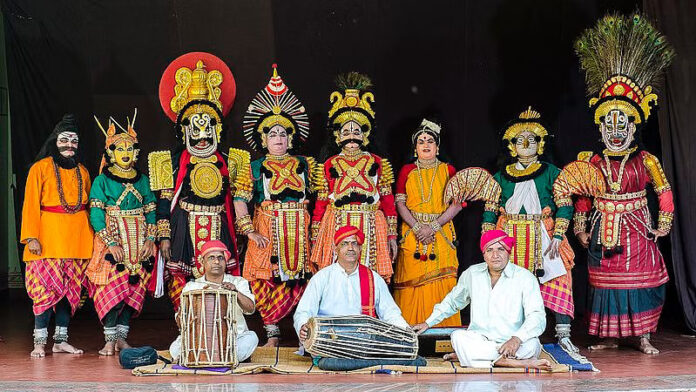Introduction
Culture, a complex system of beliefs, values, behaviors, and traditions shared by a group of people, is often thought of as deeply ingrained and resistant to change. However, the reality is that culture is not static but a dynamic and evolving entity. In this article, we explore the question of whether culture can change, examining various factors and forces that contribute to cultural transformation.
Cultural Evolution
Cultural evolution is a fundamental aspect of human societies. Throughout history, cultures have adapted and evolved in response to changing circumstances. The process of cultural adaptation, where societies adjust their practices and beliefs to better suit their environment, has played a crucial role in the survival and advancement of civilizations. Additionally, cultural diffusion, facilitated by trade, migration, and communication, has contributed to the exchange of ideas and the globalization of cultures.
Social Movements and Cultural Shifts
Social movements have a significant impact on cultural change. These movements arise when groups of people mobilize to challenge existing social norms or advocate for specific causes. Examples include civil rights movements, feminist movements, and LGBTQ+ rights movements. Through activism and advocacy, these movements can bring about substantial cultural shifts by challenging deeply ingrained biases, prejudices, and power structures.
Technology and Cultural Transformation
Technology has become a powerful driver of cultural change. The advent of new technologies has transformed how we communicate, work, and interact with the world. The digital age, characterized by the widespread use of the internet and social media, has connected people across borders, enabling the rapid dissemination of ideas and cultures. The impact of technology on culture can be seen in various aspects, from changes in communication patterns to the emergence of new cultural forms, such as online communities and digital art.
Generational Dynamics
Generations play a crucial role in shaping culture. Each generation brings its unique perspectives, values, and behaviors, contributing to cultural evolution. As older generations pass on, newer generations with different experiences and worldviews come to the forefront, often challenging established norms and introducing new cultural practices. Intergenerational conflicts may arise as different generations navigate their differences and negotiate cultural change.
Economic Factors and Cultural Change
Economic factors play a significant role in cultural transformation. Economic development and societal changes, such as industrialization and urbanization, can bring about profound shifts in cultural practices and values. Consumerism, fueled by economic prosperity, can also impact cultural values by promoting materialism and individualism. The interplay between economic forces and cultural change is complex and multi-dimensional.
Political Forces and Cultural Transformation
Political forces and government policies can shape cultural change. Governments have the power to enact laws and regulations that influence social and cultural practices. Political ideologies and movements can also drive cultural shifts by promoting specific values or agendas. For example, policies promoting multiculturalism or nationalistic ideologies can have a profound impact on cultural diversity and identity.
Resistance to Cultural Change
While cultural change is a natural part of human societies, it is not always readily embraced. Resistance to cultural change can stem from various factors, including fear of the unknown, attachment to tradition, and power struggles. Some individuals and groups may resist changes that challenge their existing beliefs, identities, or social status. The clash between traditional and progressive values often fuels conflicts in embracing new cultural norms.
Cultural Preservation and Adaptation
Balancing the preservation of cultural heritage with adaptation is a delicate process. It is important to recognize the significance of cultural diversity and the value of preserving unique traditions and practices. Simultaneously, cultures must adapt and evolve to navigate changing realities and address pressing issues. Embracing cultural change does not mean abandoning heritage but finding ways to integrate new ideas and practices while maintaining core cultural identities.
Conclusion
Culture is a dynamic and ever-changing phenomenon. While it can be deeply rooted and resistant to change, it is not immune to the forces of social, technological, economic, and political transformations. Society has the potential to influence cultural change through social movements, technological advancements, intergenerational dynamics, and policy interventions. Embracing cultural change requires open-mindedness, dialogue, and a willingness to evolve. As individuals and societies, we have the power to shape and redefine culture in ways that reflect our values, aspirations, and the changing world we inhabit.


